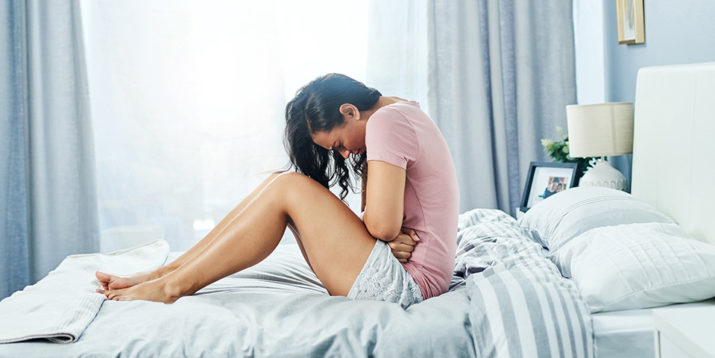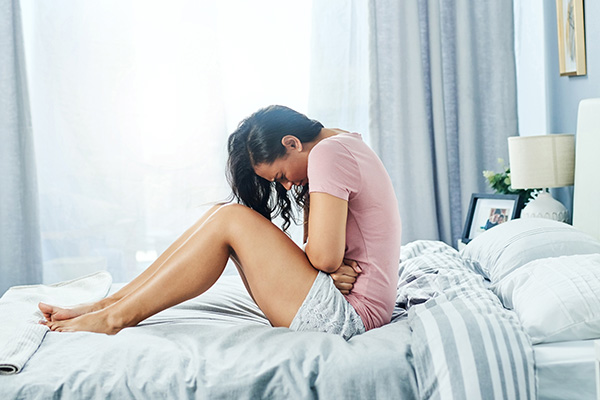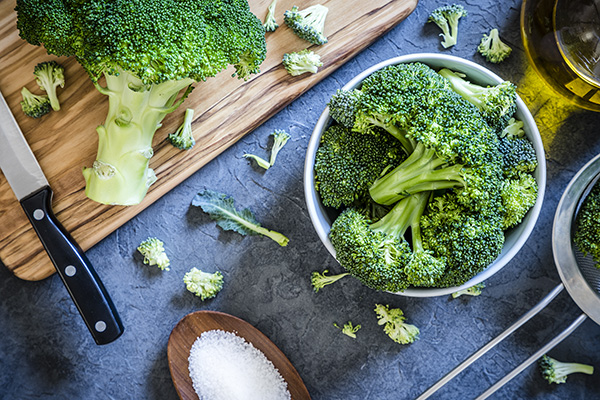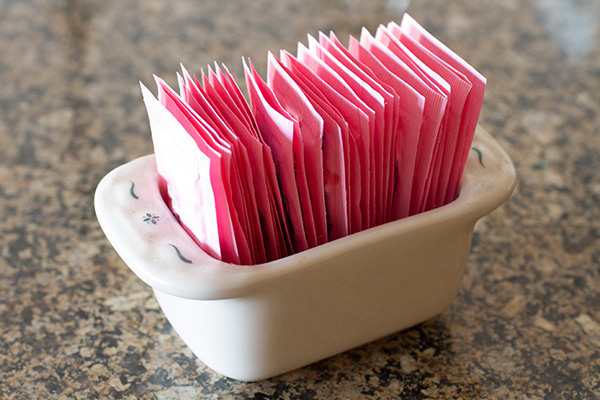Why Do I Feel Bloated After Eating?

Maybe your clothes don’t fit right, your stomach seems fuller than it did yesterday, or you just don’t feel quite like your usual self.
Whatever the feeling, bloating after eating can be a big bummer — and it’s only natural to want to ditch the bloat, especially if it comes with excessive gas or burping.
While it might feel like you’re alone in feeling this way, the truth is that bloating is very common, says Jesse P. Houghton, M.D., F.A.C.G., senior medical director of gastroenterology at Southern Ohio Medical Center.
The good news? “It’s not usually a sign of anything dangerous, but it can be quite bothersome and can even disrupt your daily life,” he adds.
Luckily, there are things you can do to banish bloating after eating.
Symptoms of Bloating After Eating
Most of the time you know if you’re experiencing bloating. Warning signs include:
- feeling full
- belching or flatulence
- indigestion or stomach discomfort
- rumbling or gurgling in your stomach

Why You Feel Bloated After Eating
Bloating occurs for various reasons, but it’s especially common after eating, due to how our bodies digest food.
“Some foods cause excess gas production due to various compounds they contain,” says Bansari Acharya, M.S., R.D.N., a registered dietitian nutritionist and blogger at FoodLove.
“When they are digested, they produce gaseous by-products like hydrogen, carbon dioxide, and methane gas,” she explains.
Broccoli, beans, Brussels sprouts, and whole grains are examples of high-fiber foods known for causing gas.
“Fruits that are high in fiber, like apples, can also lead to bloating,” adds Acharya.
Some people will bloat after eating certain foods due to a lack of specific enzymes to break down specific food components.
Lactose intolerance, for example, is linked to inadequate lactase to break down milk sugar, which leads to gas, says Acharya.
Even seemingly unrelated habits, like drinking carbonated beverages, chewing gum, and smoking can be culprits because they cause excessive gas to build up in the stomach and intestines.

How to Avoid Bloating After Eating
While you might feel destined to deal with discomfort, there are ways to reduce or even avoid bloating after eating altogether.
1. Don’t overdo it on fiber
While there are numerous health benefits to adding fiber to your diet, it’s a good idea not to eat too much at once.
“Spreading out your fiber intake throughout the day can help prevent bloating after eating,” says Acharya.
There’s some science to back that up: One study found that a reduced-fiber diet helped relieve bloating in people with idiopathic constipation.
2. Limit the fat
High-fat foods help keep you full because they take longer to digest, but this slow process can delay emptying of the stomach and cause feelings of bloating.
You don’t “automatically have to avoid” higher-fat foods, says Houghton. “Rather, be aware of how your symptoms are affected by them. If you notice that you have an increase in cramping or gassiness (and it bothers you), then you may want to limit your intake of these foods.”

3. Skip artificial sweeteners
Artificial sweeteners and sugar alcohols like sucralose, aspartame, saccharin, sorbitol, xylitol, and mannitol are known to cause bloating.
(Yes, even those in diet soda.)
“These ingredients, especially sorbitol, tend to be poorly digested and can cause symptoms similar to lactose intolerance when ingested,” says Houghton. “It is always a good idea to read your food labels and avoid these ingredients.”
4. Get some exercise
Don’t high-tail it to the couch after a big meal. Instead, look for a way to get in some simple movement or even a light workout.
One study found that exercising after a meal — like taking a walk or using a stationary bike — helped clear out gas and reduce bloating in participants.
5. Add enzymes to your diet
Digestive enzymes can ease bloating by helping break down substances that the body has difficulty digesting, says Acharya.
These supplements come in a variety of forms. One of the most popular is a-galactosidase, an enzyme sold over the counter as Beano.
Studies show that a-galactosidase significantly reduces bloating after eating fiber-rich meals.
6. Ask your doctor
Constant bloating can be a sign that something more serious is up. If nothing seems to alleviate your bloating — or you have other symptoms like severe pain, vomiting, diarrhea, or bleeding — then it’s a good idea to see your doctor.
Additionally, if you notice that you always feel bloated after particularly consuming a specific food item, it may be a sign of a food allergy or intolerance,” adds Acharya.
